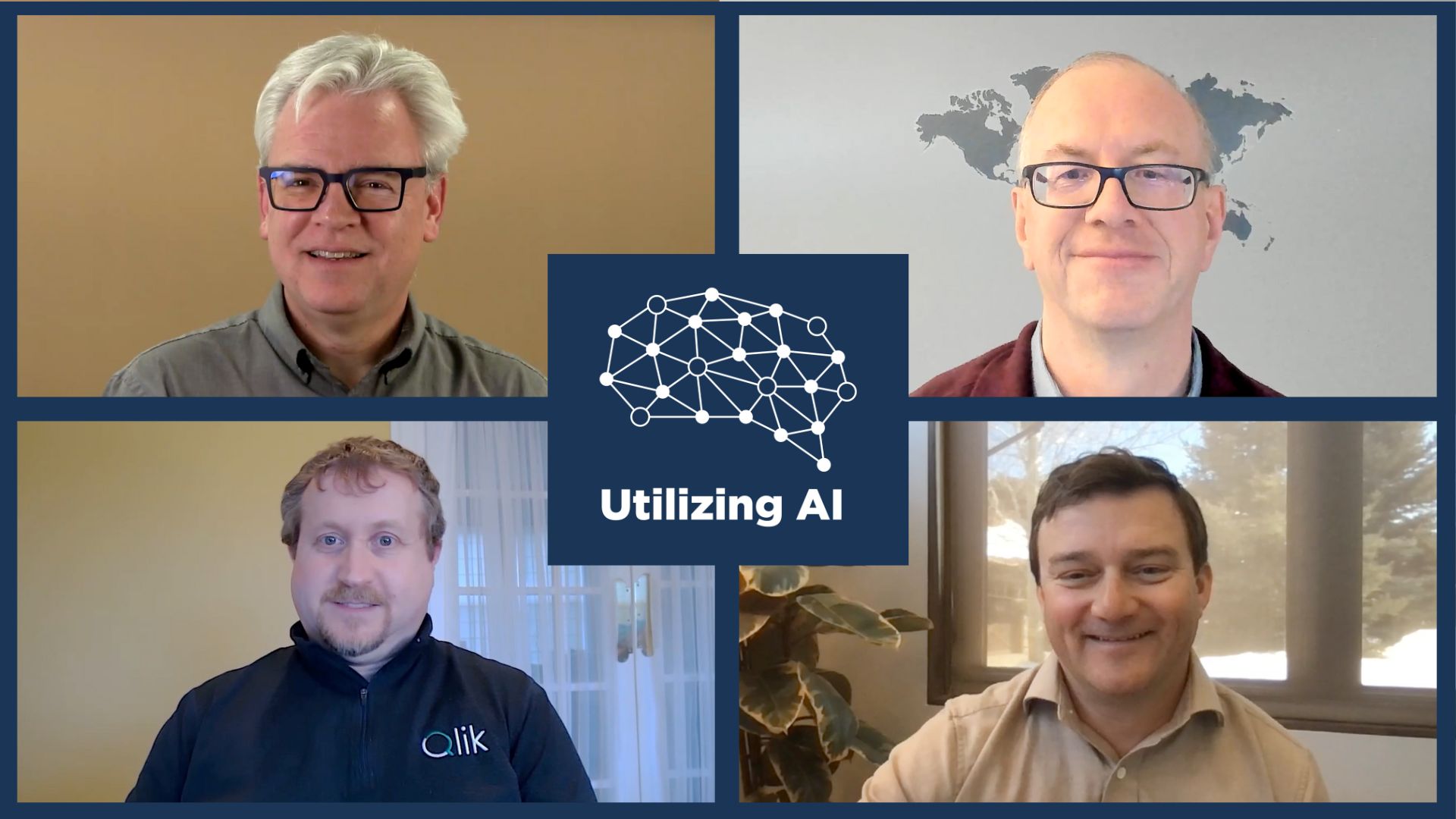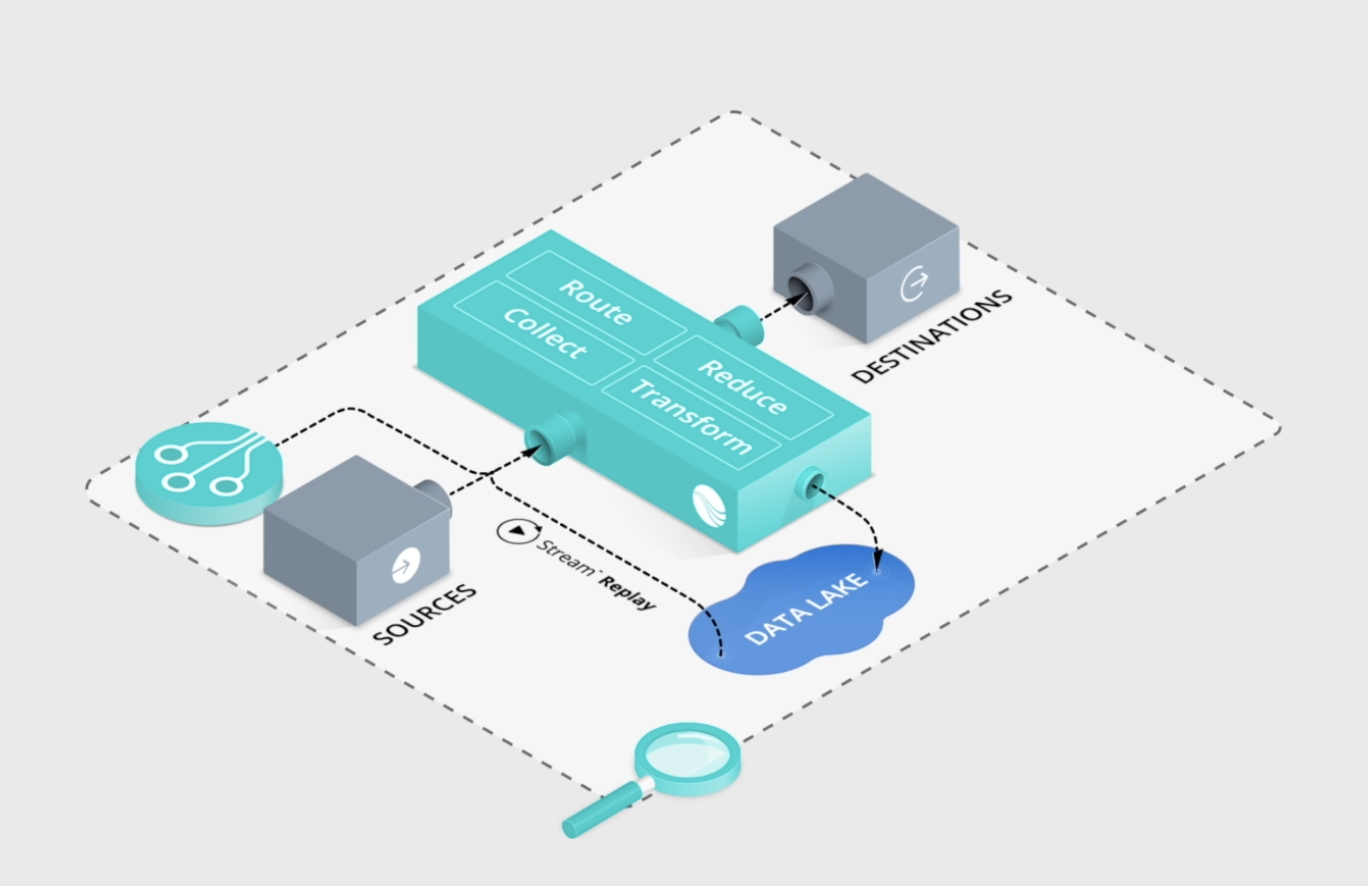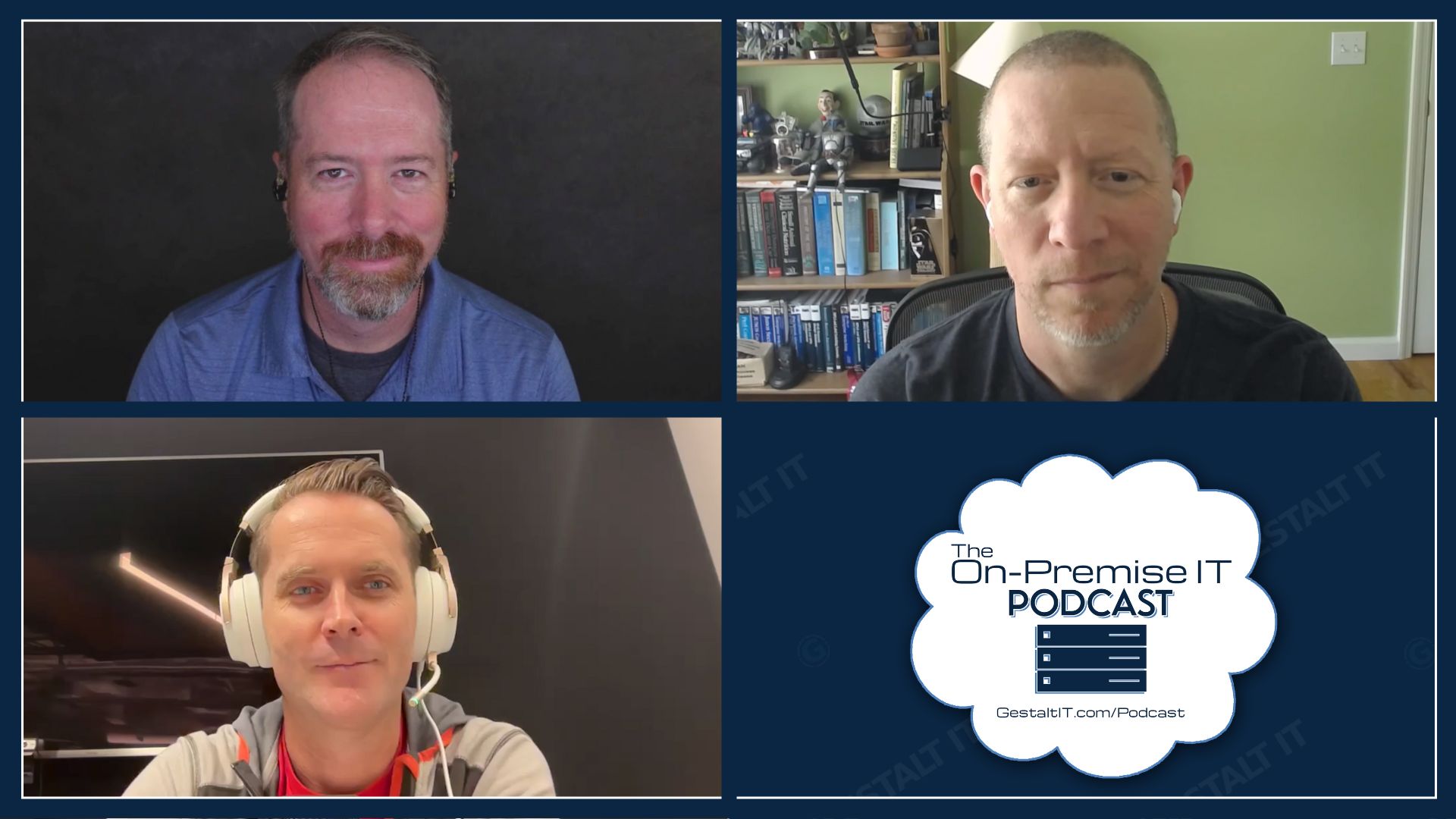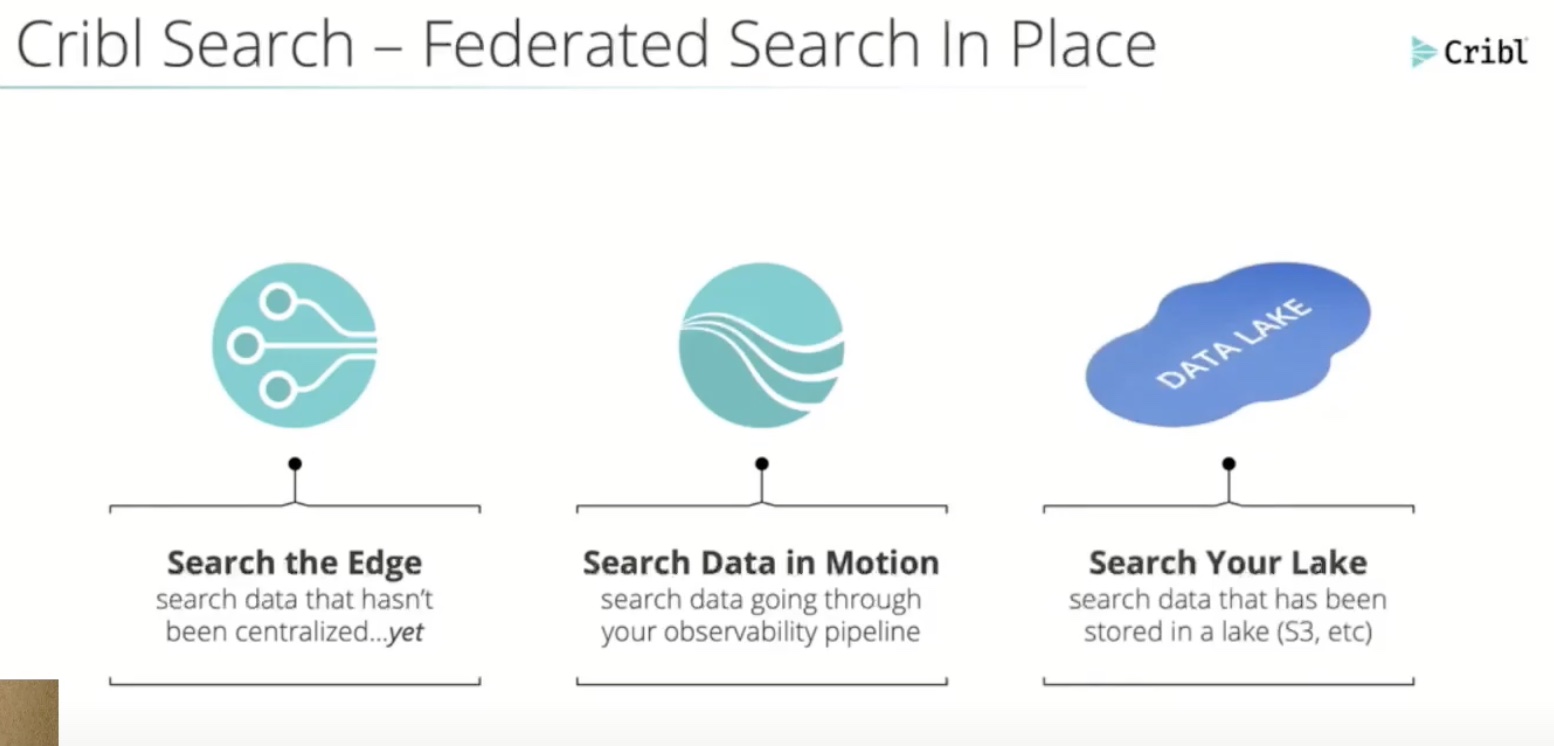 Nick Bowie is a Senior Technical Account Manager with VMware, based out of Auckland, New Zealand, where he lives in tomorrow.
Nick Bowie is a Senior Technical Account Manager with VMware, based out of Auckland, New Zealand, where he lives in tomorrow.
You can follow Nick on Twitter and LinkedIn.
What’s your IT origin story? How long have you been in the field?
My first exposure to the field, outside of Computer Science at University, was born from time spent playing networked PC games, (Quake 1 in particular). Myself and some friends organized some large-scale LAN events in the late 90’s and the experience in creating a usable, stable network in a short period of time was the catalyst in seeking work in IT. My first industry-related job started in late 1998 performing user-migrations from mainframe terminals to PC’s. To be honest, that mainly involved unpacking a lot of boxes, carrying equipment and crawling under desks, but it evolved into Novell and Windows system administration.
Once the opportunity arose to focus in the virtualization space, however, my career really took off.
What’s been the biggest change in IT since you started your career?
Without sounding too cliché: virtualization. Not just of compute resources, but lately networking. It’s enabled so much change in the industry, from pure consolidation through to large-scale automation, distributed services and of course the cloud providers.
Current worst trend in IT?
Other than the sharp decline of grammar and spelling in general, it would have to be the amount of marketing FUD on Twitter. I know it’s a highly competitive market, but it just seems unnecessarily hostile.
Current best trend in IT?
It’s less a technology trend but more a cultural one – ever-increasing diversity in this industry. It’s pretty awesome.
How do you approach organization at work? What are your must use apps? How do you approach organization? What’s your ideal workspace?
Well, there are a number of apps I simply have to use to keep abreast of the goings-on across various teams: Socialcast and Slack are the two main ones. But I tend to stick to pen and paper for my own task list.
Book recommendations for other IT pros (besides The Phoenix Project?). What are you reading now?
 Most of my reading is industry focused, which can be pretty dry. Thankfully, my wife helps balance it out with non-IT related books. The latest is Randall Monroe’s “What If?: Serious Scientific Answers to Absurd Hypothetical Questions”.
Most of my reading is industry focused, which can be pretty dry. Thankfully, my wife helps balance it out with non-IT related books. The latest is Randall Monroe’s “What If?: Serious Scientific Answers to Absurd Hypothetical Questions”.
First computer you owned.
 I don’t recall the exact model. It was a second-hand/phased-out x86 PC my father had acquired around 1991 (he described it as a box of magic tricks). It was DOS based and I remember playing Karateka on it. However, it was short-lived. We were living in Singapore at the time, and one day it completely stopped working. After performing some invasive surgery, I discovered some mould had formed on the motherboard and some of the floppies.
I don’t recall the exact model. It was a second-hand/phased-out x86 PC my father had acquired around 1991 (he described it as a box of magic tricks). It was DOS based and I remember playing Karateka on it. However, it was short-lived. We were living in Singapore at the time, and one day it completely stopped working. After performing some invasive surgery, I discovered some mould had formed on the motherboard and some of the floppies.
What do you do when you’re not working in IT?
I’ve got three boys (7, 5 and 6 months), who keep me pretty busy! So life outside of work revolves around them. It helps that the two older ones are really into Lego and Star Wars 😉
How do you caffeine?

Well, being that I live in the country that invented the Flat White (yeah, you heard me Australia)(Editor’s Note: [Googles Flat White]), that has been the main source.
Who do you want to see answer these questions?
Best career advice you’ve received.
It was probably the advice/push to pursue an industry certification (VCP at the time). I’m not a fan of exams (who is?), but the study and exam processes exposed a considerable amount of capability and functionality that wasn’t being leveraged at my place of work. So that inspired me to build on and improve what we had, which in turn increased my visibility and career opportunities.




